Students of the Boris Dinga Theoretical High School in Criuleni, Moldova, had the opportunity to participate in an interactive STEAM lesson with Nicoli Stresnă, UNICEF youth activist and STEAM on Wheels program advisor.
If the coding room lacks girls' voices
If women and girls’ voices are missing from the rooms where code is written or innovation policy is developed, the world of tomorrow will continue to be shaped without their perspectives and contributions. Choosing to pursue STEAM is choosing to enter the spaces where the future is being created.
Nicoli Stresnă is one of those girls. At just 13 years old, she has become a STEAM mentor and travels across Moldova to inspire hundreds of children to explore science , technology and innovation.
"I know that many of you are still hesitant to participate in STEAM projects because of gender stereotypes. I hope you will be brave enough to try. Every step we take will help dispel the misconception that this field is only for boys," Nicoli shared.
Nicoli said that when she was 11, she attended a tech summer camp with her sister. There, she piloted a drone for the first time, and that moment inspired her to pursue technology.
"I often hear things like: You're a girl, why are you studying technology? In fact, the first computer programming commands in the world were written by a woman - mathematician and poet Ada Lovelace. There are so many opportunities and it's a pity if prejudice makes us miss them," the 13-year-old girl shared during the class.
Boris Dinga Theoretical High School is part of the model school system, which is part of the program "Promoting qualityeducation and lifelong learning opportunities for all". Together with 9 other schools, the school will be renovated and equipped with modern teaching aids, supporting the integration of STEAM methods into teaching in the period 2024 - 2027.
Creative and confident
Olga Rotari, biology teacher and STEAM coordinator at Boris Dinga Theoretical High School, said: “We have always tried to involve girls in STEAM activities. While waiting for official projects, we have learned how to build STEAM projects systematically.
We always encourage girls to participate in school science competitions and Olympiads. This year, a student from our school won second place in the district qualifying round and will continue to participate in the national Olympiad. I believe that in the future, digital skills will be an indispensable part of every profession and girls can absolutely shine in this field."
Daria, an eighth-grader at the school, shared that participating in STEAM lessons was an inspiring experience. Daria learned many new things, got hands-on experience, and realized how ideas can become reality through technology.
"I believe that technology is not just for boys. We have creative ideas and can make a difference. I am not sure about my future career yet, but I know I want to pursue a job that combines innovation, technology and contributing something useful to the community," Daria expressed.
“At school, we form a robotics team called Vector,” says Marta, an eighth-grader at the school. “For me, these projects are not only a learning experience, but also an opportunity to develop teamwork, creativity, and the confidence that girls can do important things in technology.”
In Moldova, an Eastern European country, women make up 31 percent of the workforce in the information technology sector, according to the National Bureau of Statistics. Only 4.6 percent of female university students choose STEM majors. This is reflected in the labor market, where women tend to work in jobs that require less education and are therefore paid less. In the information and communications technology sector, women earn about 33 percent less than men.
Source: https://phunuvietnam.vn/no-luc-thu-hut-nu-sinh-tham-gia-cac-hoat-dong-steam-2025061011015177.htm



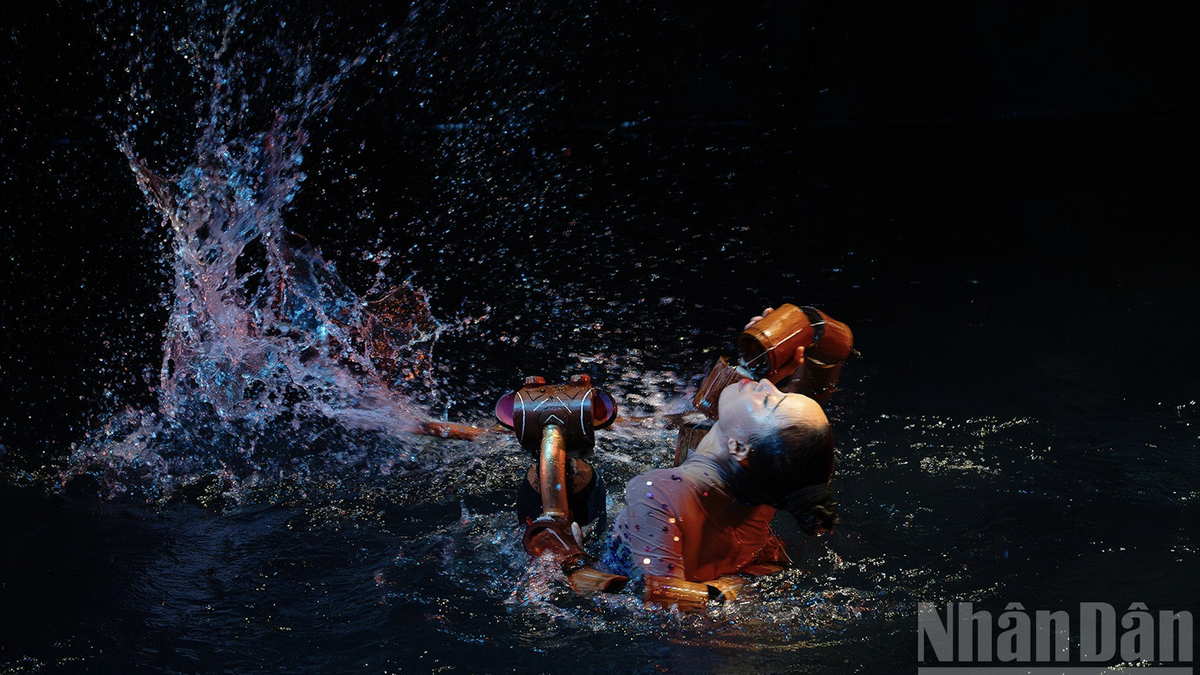

![[Photo] Prime Minister Pham Minh Chinh chairs the national online conference on combating smuggling, production and trade of counterfeit goods.](https://vphoto.vietnam.vn/thumb/1200x675/vietnam/resource/IMAGE/2025/6/23/4a682a11bb5c47d5ba84d8c5037df029)
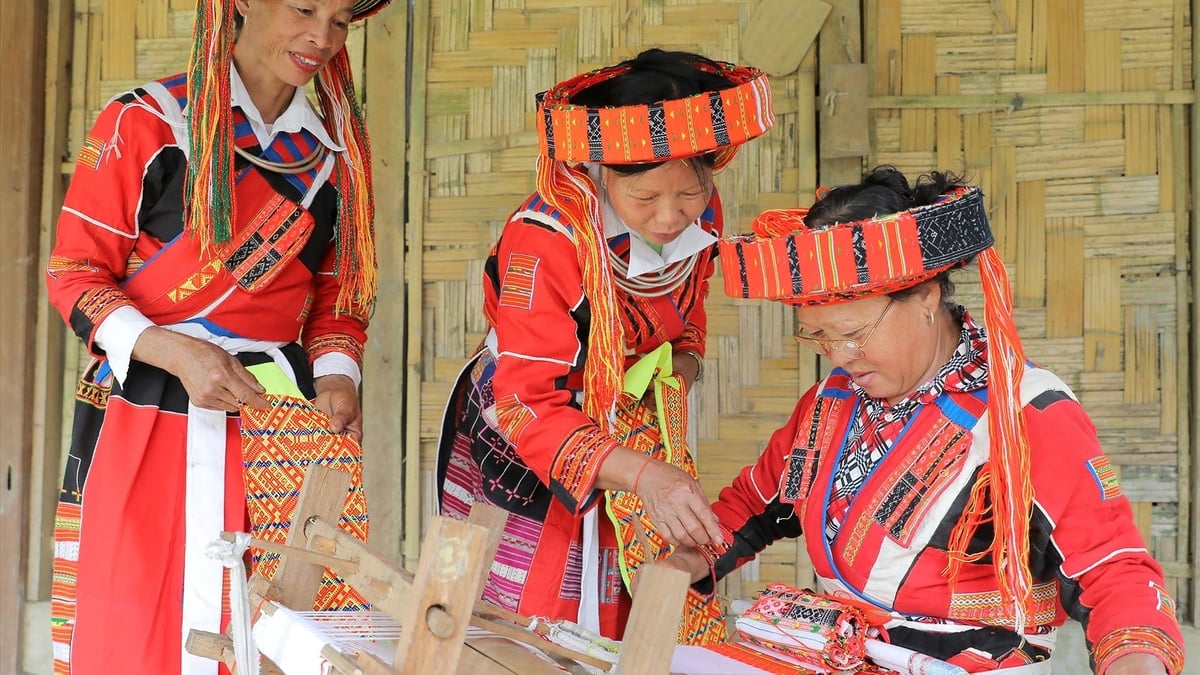
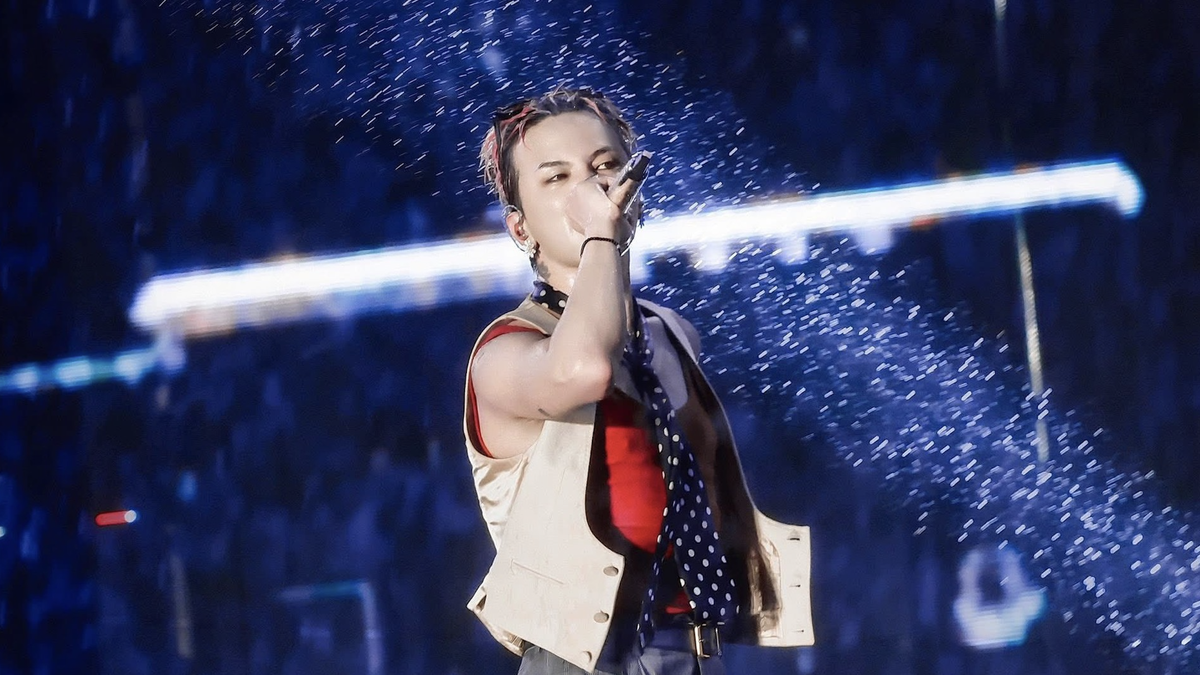


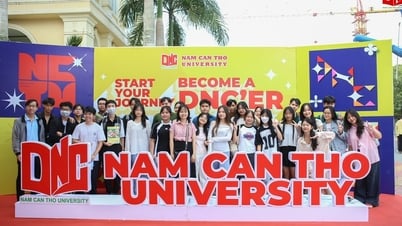



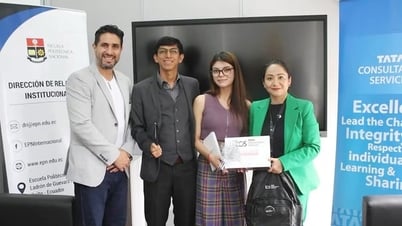
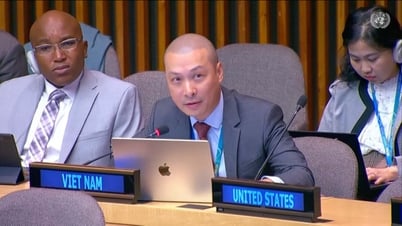
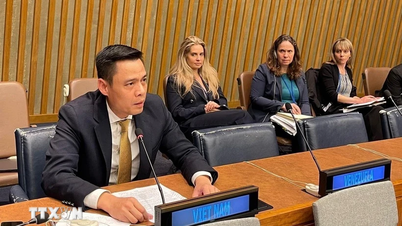

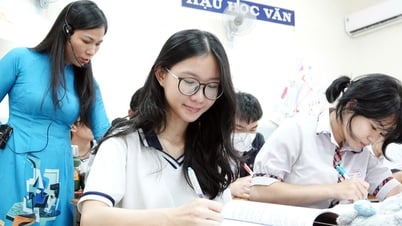
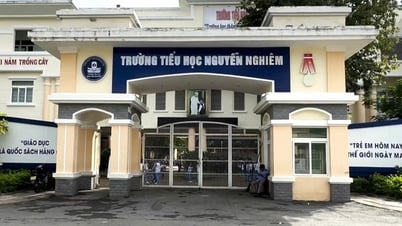

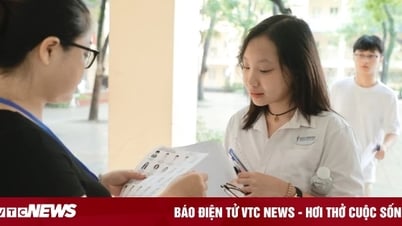








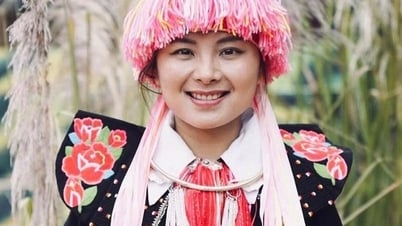
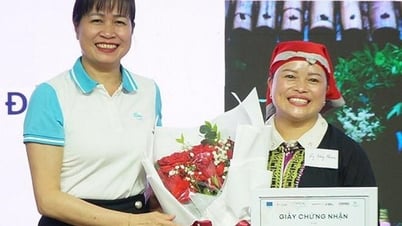
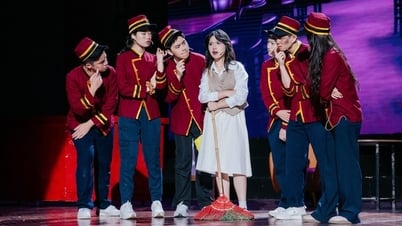
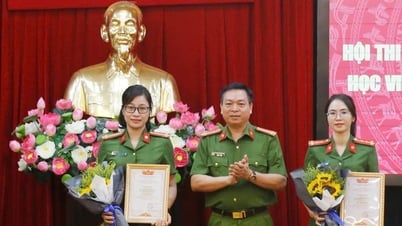
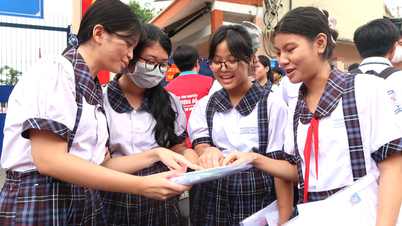

![[Photo] Prime Minister Pham Minh Chinh holds meeting to launch exhibition of national achievements to celebrate 80th National Day](https://vphoto.vietnam.vn/thumb/1200x675/vietnam/resource/IMAGE/2025/6/23/0c0c37481bc64a9ab31b887dcff81e40)




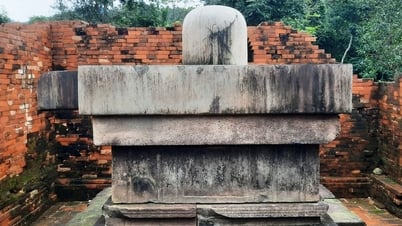


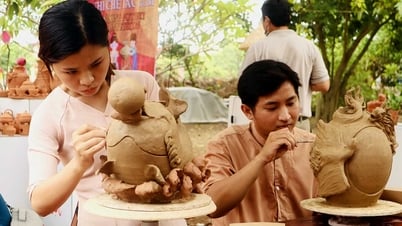



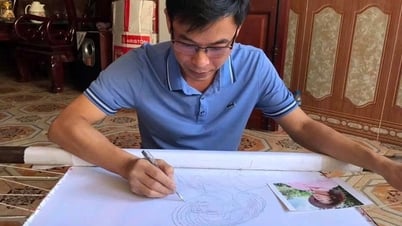


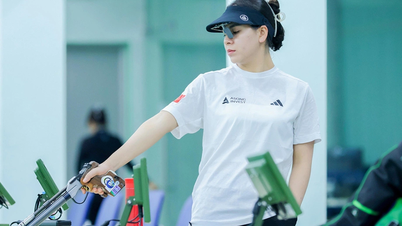

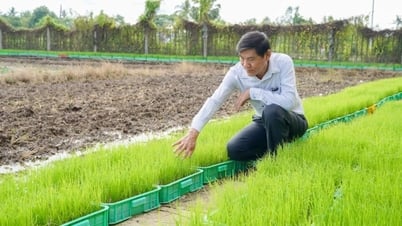




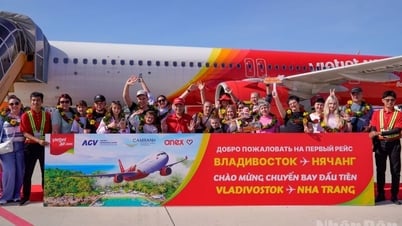




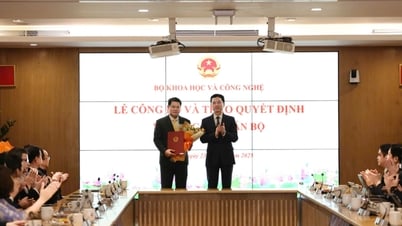










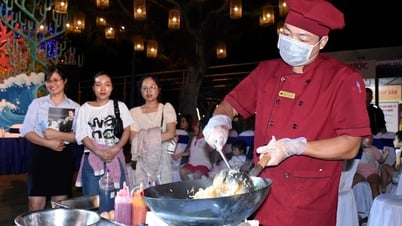

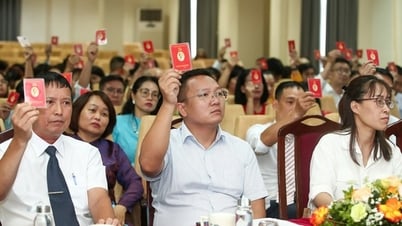
![[Infographic] The 1st Congress of the Party Committee of the Ministry of Culture, Sports and Tourism, term 2025-2030](https://vphoto.vietnam.vn/thumb/402x226/vietnam/resource/IMAGE/2025/6/24/8afbd7c780424568b23fd09cd74c8b1d)
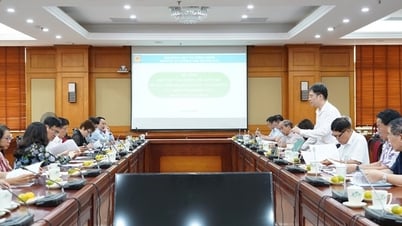





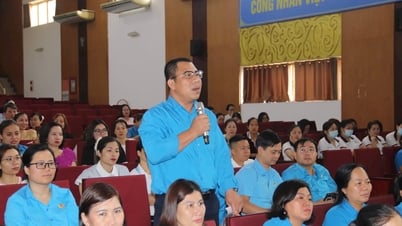

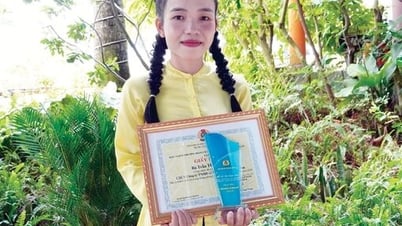

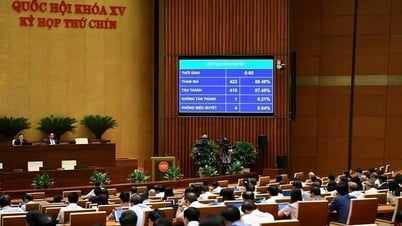

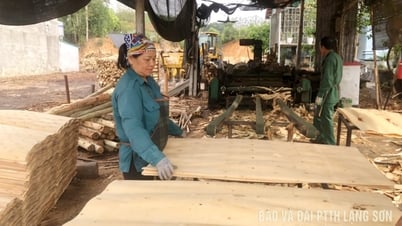














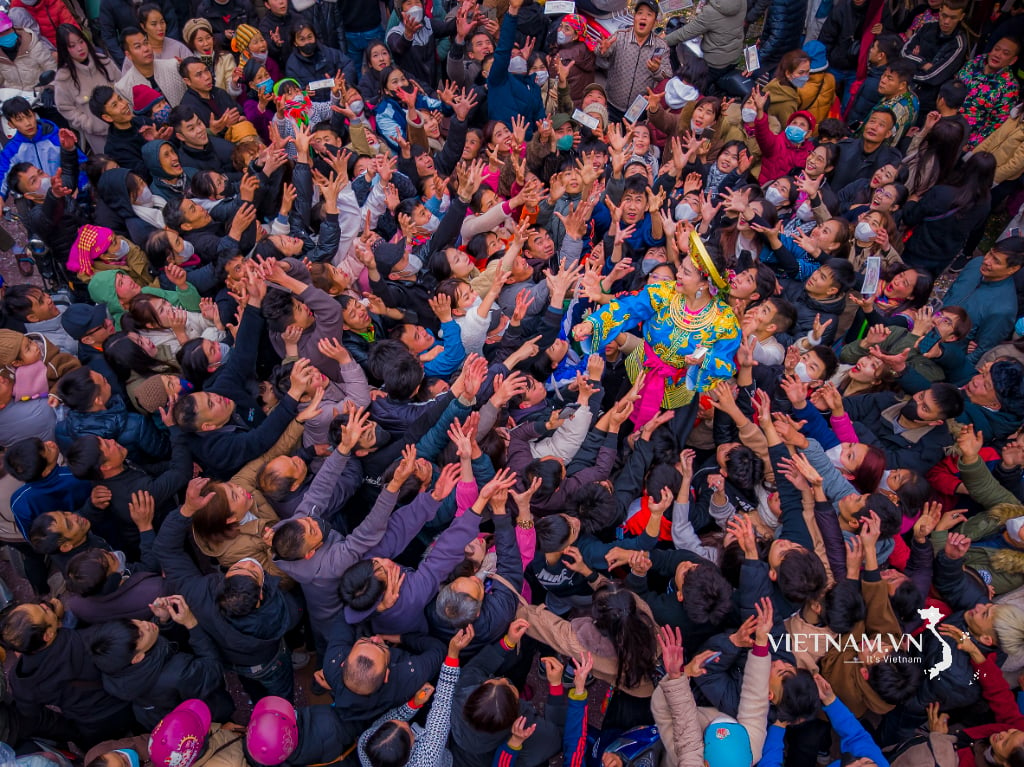
Comment (0)